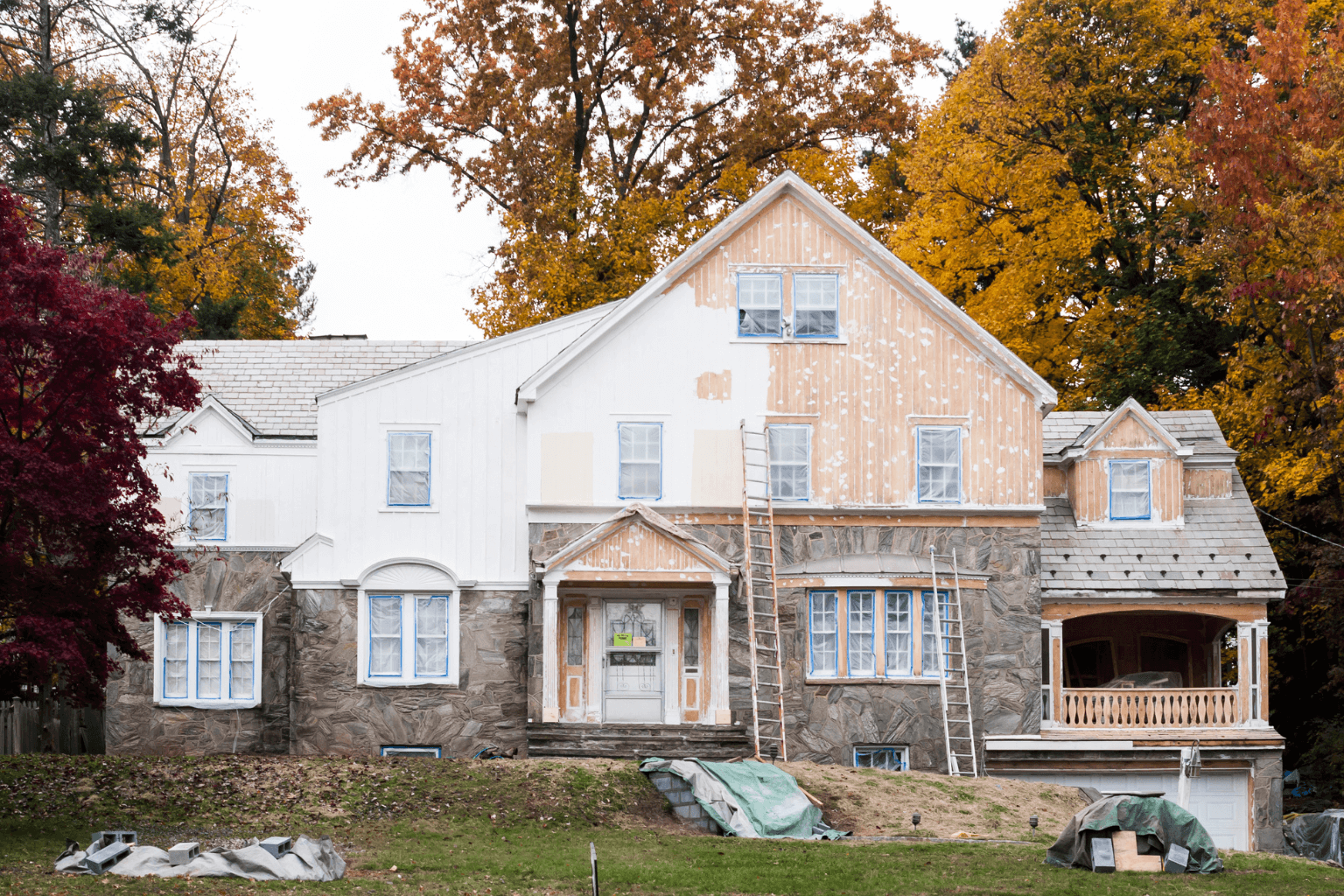Selling a Home with Permit Violations: How to Handle It Safely
Selling a home with permit violations can feel overwhelming. Unpermitted work, such as room additions, electrical changes, or garage conversions, may reduce your home's value or lead to legal issues. But don't worry, there are ways to handle this smartly. Whether you're fixing the problem, selling as-is, or working with investors, you have options. This guide will show you how to sell a home with permit violations, protect yourself legally, and still get a fair deal on your sale.
Why Unpermitted Work Matters
What Counts as Unpermitted Work?
Unpermitted work refers to home changes made without approval from local building authorities. This could include:
- Room additions or garage conversions
- Electrical or plumbing upgrades
- Roof replacements or deck installations
Even if the work was well done, not having the proper permits can cause problems when it's time to sell.
How It Affects Your Sale
Selling a home with permit violations can deter buyers, lead to lender issues, or even result in insurance coverage being denied. Most importantly, failing to disclose unpermitted work could lead to legal trouble, especially in states like Texas, where full disclosure is required by law.

Options for Selling a Home With Permit Violations
You have several options when selling a home with permit violations. Each has its pros and cons, depending on your timeline and goals.
Apply for Retroactive Permits
One option is to apply for retroactive permits. This means working with a licensed contractor to bring the work up to code, then having it inspected by your local building department. Though this takes time and money, it can raise your home's value and make it easier to sell.
Sell As-Is
If you don't want to deal with permits, you can sell the house as-is. However, remember that you must disclose all known permit violations. Selling as-is may attract buyers looking for a bargain or real estate investors willing to undertake repairs, much like how sellers manage fire-damaged homes. In both cases, transparency and pricing are key to making the sale work.
Offer Repair Credits
Another approach is to offer repair credits. These allow buyers to fix the issues themselves after closing. This builds trust and keeps the sale moving forward without upfront work on your part.

Legal Requirements for Disclosure in California
If you're selling a home with permit violations in California, you are required to disclose them to the buyer. California law mandates that sellers report all unpermitted work and building code violations. Failing to provide this information can lead to legal action, contract cancellations, or financial liability.
For more insight into disclosing unpermitted construction, refer to this helpful Nolo article on discovering unpermitted construction when selling your home.
Should You Sell to a Real Estate Investor?
Real estate investors often purchase homes with problems, including unpermitted work. These buyers typically pay cash and close quickly, sometimes within a week. If you're in a hurry or don't want to deal with permits or repairs, this might be the right option. Please note that the offer will likely be lower due to the added risk that investors assume.
Hot Topic You Might Love: If you’re finding this helpful, don’t miss our latest post — How to Sell a House with Code Violations in California. It’s attracting attention and may surprise you!
If you're located in the East Bay and facing time-sensitive challenges, there's good news. We buy houses in Castro Valley, CA, even if they have permit violations or other legal concerns. Working with local investors can help you sell fast without incurring costly repairs or undergoing drawn-out inspections.

Tips for a Smooth Sale
Here are a few simple tips to help you sell a home with unresolved permit issues successfully:
- Be honest about any unpermitted work
- Consider consulting a contractor to assess what's needed to fix the issues
- Decide whether retroactive permits, repair credits, or an as-is sale makes the most sense
- Work with a knowledgeable real estate agent or investor familiar with homes that need work
- Keep detailed records of any work done, even without a permit
Navigating Buyer Concerns and Closing Deals
Buyers may hesitate to make an offer on a home with permit violations. Expect requests for price reductions, repair credits, or detailed documentation of the unpermitted work. Address these concerns by:
- Offering documentation on past work and contractor evaluations
- Disclosing all known issues early to avoid deal-breakers
- Highlighting features that add value, such as location or lot size
- Being flexible with terms helps buyers feel more secure
Want to understand better how property issues affect the sales process? Watch this helpful video explaining what foreclosure is—it sheds light on how buyers think when risk is involved.

Conclusion
Selling a home with permit violations doesn't have to be a deal-breaker. With honesty, thoughtful planning, and the right strategy, like getting a retroactive permit or working with a real estate investor, you can still close a successful sale. Whether you fix the issue or sell as-is, being proactive helps you move forward with confidence and protect your investment.





